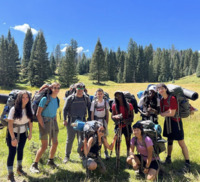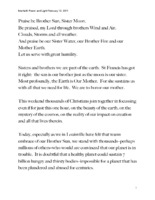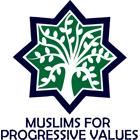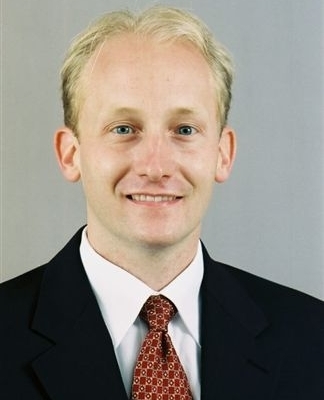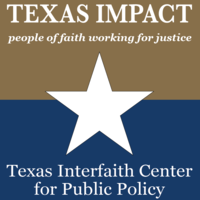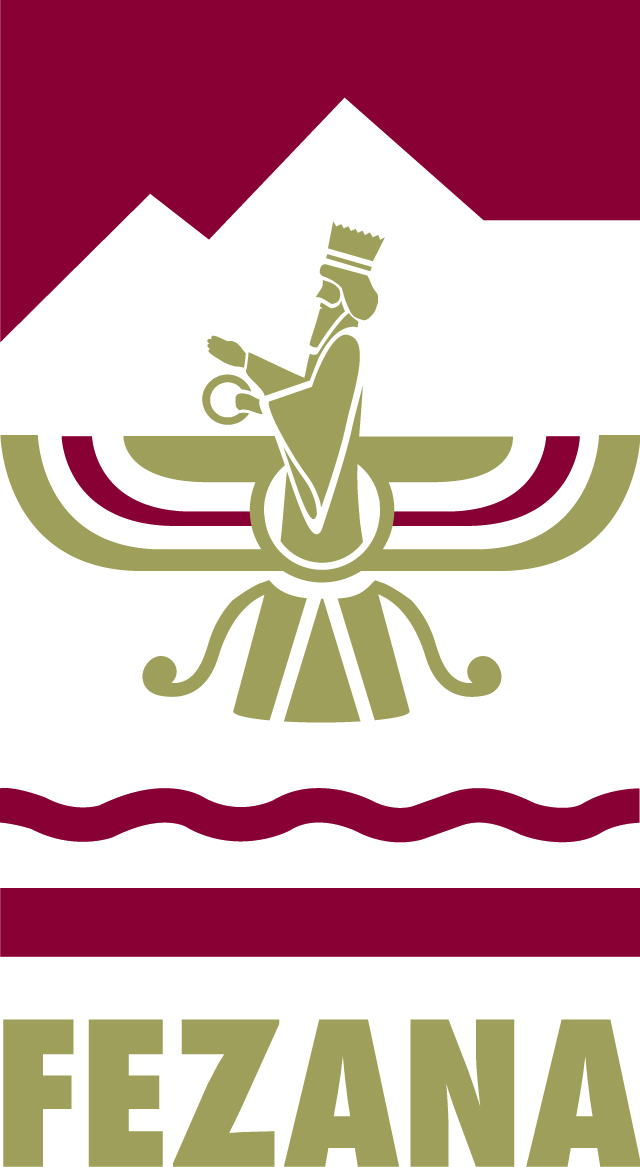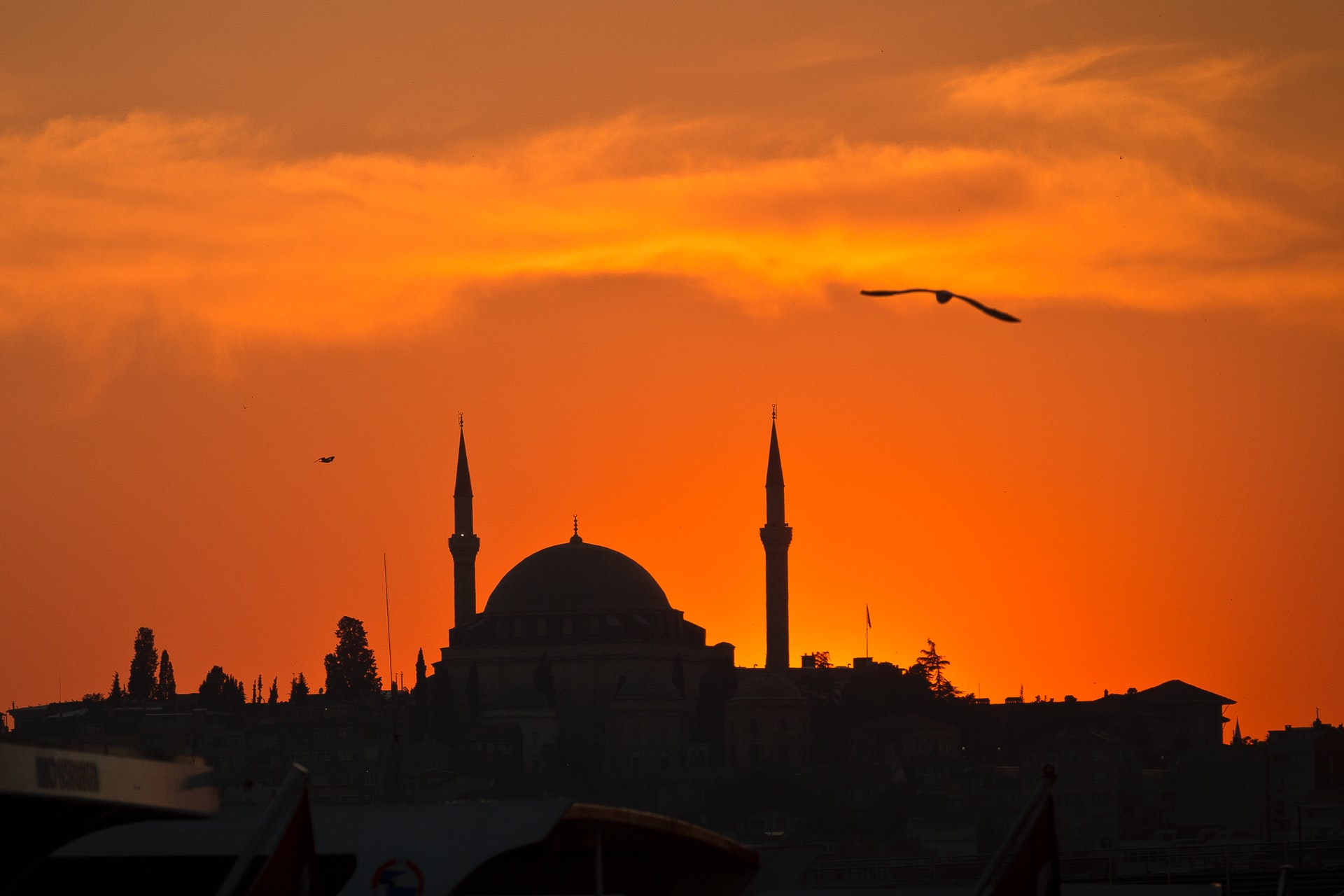Search
77 items
-
Nature is Bright
"Nature is bright". Taken by Arun Thamarakshan Nair. Submitted to the RESTORExchange Sustainability Photo Contest. -
Walks in February
"Going for walks in February at Schmeekle Reserve is sustainability." Taken by Elliot Fey. Submitted to the RESTORExchange Sustainability Photo Contest. -
New Mexico's Wilderness
"Standing in New Mexico's wilderness, geared up for adventure, I feel the perfect blend of excitement and responsibility. This sustainable journey allows me to appreciate nature's beauty while prioritizing its preservation. Each step honors ecosystems, guided by Leave No Trace principles. Through hiking, I connect deeply with the land and advocate for environmental stewardship, ensuring these wild spaces endure for future generations. It's not just about exploration; it's about respecting and protecting our planet." Taken by Shristi Tamang. Submitted to the RESTORExchange Sustainability Photo Contest. -
A Jewish Response to Environmental Stewardship: LEEDing the Way
The article highlights Temple Israel of Minneapolis's achievement of LEED Gold Certification, reflecting their commitment to sustainability through a multi-year renovation project. This accomplishment aligns with their Jewish values, particularly the principle of Pikuach Nefesh, which emphasizes protecting life and the environment. The synagogue's efforts extend beyond their building to include community-wide initiatives such as climate action resource fairs and partnerships with environmental organizations. Their ongoing commitment to sustainability is showcased through continuous improvements and active participation in broader climate justice movements. -
Existentialism an the Ecological Crisis
This segment of The Philosopher's Zone with David Routledge (on the Australian Broadcasting Corporation) focuses on the importance of existentialism in modern times. Specifically, how existentialism can help us understand current relationships between the self and others, as well as with nature. Likewise, the podcast’s contributor, Dr Dalia Nassar points out that existentialism implies a sort humanism (as Sartre argued) that connects each individual to all of humanity through their actions. It is the fact that each of our actions can affect one another is why the existentialists place so much emphasis on how we act. Furthermore, the podcast extends this to the ecological crisis by explaining how this radical humanism can inform how we make environmental decisions. The important point here is that we can derive environmental values based on the inherent freedom that humans have, there is a constant need for action. As the interviewer explains in the podcast, the individual determines the moral future of humanity and nature. Thus, each person has a moral obligation to transcend the current situation and make better choices for the environment. Likewise, there is a special attention to art and literature as a mode of connection, to hopefully shape others moral and environmental values. Therefore, existentialism provides a framework (much like religion) for guiding our actions based on a mutual care for the environment. Finally, I should note that the key points of the podcast (concerning the environment) starts at the 18-minute mark, while the latter half provides background knowledge on existentialism. -
Ancient Judean Dates
A date tree planted in Ketura, Israel from 2000 year old seeds found at an archeological site in the Judean wilderness has finally bore fruit earlier this month (September 2020). The harvest was hailed a modern miracle of science. “In these troubled times of climate change, pollution and species dying out at alarming rates, to bring something back to life from dormancy is so symbolic,”... Date palms were praised in the Bible and the Quran, and became symbols of beauty, precious shade and succulent plenty. -
Seeing true nature: Buddhism and the environment
John Worthington-Hill describes how Buddhism can encourage environmental awareness and sustainability. Embracing individuality is our disconnection from the natural world. In order to live in unity with the earth, we must find the 'middle way' (a buddhist morality based on self-discipline). "Self-centeredness is the great illness from which all imbalance, insensitivity and abuse ultimately stem – an illness directly linked to the Buddha’s ‘three poisons of greed, ill-will and delusion’. These poisonous mentalities seep into the collective consciousness and are instilled in the norms and structures of culture and society, helping to direct how politics and economics deal with the environment." "Environmental destruction is therefore an outer manifestation of an inner affliction. If our thoughts are polluted, then our actions will be polluted too, and so will their consequences." -
Five Years After Speaking Out on Climate Change, Pope Francis Sounds an Urgent Alarm
This article covers Pope Francis's reaction to the world governments responses to climate change. The Pope writes to unite people through religion in an effort to bring awareness to the movement. The article details how the church is divesting in fossil fuel companies. The article also focuses on the political divide and how it affects people's views on the climate crisis. -
Overpopulation and the Lifeboat Metaphor: A Critique from an African Worldview
Many scientists have warned that the earth is nearing overpopulation or has already reached its carrying capacity. Garret Hardin proposed the lifeboat ethics metaphor to address this crisis and proper resource distributions. Okyere-Manu comments that this metaphor does not take into account the African political and cultural worldview. Hardin's metaphor is also reliant on inequality which disproportionately affects vulnerable communities. -
Himalayan Institute
Founded in 1969 by the great teacher and humanitarian, Swami Rama, the Himalayan Institute acts on the basis of yoga tradition and Eastern spirituality. Through the living connection to an ancient wisdom tradition of the Himalayan Masters, and the guidance of spiritual head Pandit Rajmani Tigunait, the Himalayan Institute seeks to serve communities across the globe of those who seek to live their spiritual values. The institute provides resources for anyone seeking spiritual wellness such as yoga and meditation training, local retreats and seminars, and domestic and international excursions, frequently taking the form of a trek through the Himalayas. The Himalayan Institute strives for sustainable living in partnership with the community in Honesdale and also in their projects in India and Africa- providing sustainable living, jobs, and farming in several different communities. -
The “Green Team”, Community Synagogue of Rye
The “Green Team” at the Community Synagogue of Rye in Westchester, New York works to create projects that focus on sustainability within their congregation, and in the surrounding community. Through renewable energy initiatives, community supported agriculture, youth involvement, group nature hikes, and other related projects, the Green Team approaches environmental stewardship through the lens of Jewish teachings and scripture. They work closely with the Westchester Jewish Greening Group, a related religious environmental organization, in efforts to bring more sustainable, “greener” practices to the Westchester County community. Through these activities and initiatives, the Green Team works to live out the value of Tikkun Olam - ‘repairing the world’. -
The Wisdom of Houseplants
There has been a recent rise in the popularity of houseplants. This resource relates aspects of tending to houseplants to different ways you can be more mindful about your own life. Through caring for the houseplants, this web page reminds you to be adaptable, to be patient, and to expand yourself. While also additionally reminding the reader that letting go and paying attention to your physical health are both key in positive personal growth. -
Dalai Lama's 10 Rules for Success
This video is the Dalai Lama speaking of how to calm ones mind as well as how to connect with the universe through inter connection of self and creation. -
Brother Sun, Sister Moon
Pastor Michael Mernagh delivered this sermon that relates the planets and elements to family members. He does this to encourage his audience to treat the environment as family. Father Michael passionately describes how humans have been harming the environment and advocates for his audience to change their attitude in order to make better choices. -
Muslims for Progressive Values
MPV (Muslims for Progressive Values) establishes and nurtures vibrant progressive Muslim communities. We do this by creating opportunities for religious discourse, volunteer and community activities, and cultural events bringing together the arts, spirituality, and social activism.
Since our inception, we have secured DPI and ECOSOC Special Consultative Status at the U.N., and a founding member of the Alliance of Inclusive Muslims, or AIM, an umbrella organization spanning 13 countries and 17 cities.
MPV is a progressive Muslim voice on contemporary issues. We voice our perspectives with policy briefs, by participating in civil discourse, engaging with the media and government entities, and by partnering with both Muslim and non-Muslim progressive organizations.
MPV promotes theologically-sound frameworks for Islamic liberalism. We seek to reinvigorate the Islamic tradition of ijtihad (critical engagement and interpretation of sacred texts) and intellectual discourse. We do this by collaborating with religious scholars and developing position papers on theological issues that are accessible to a wide audience.
Muslims for Progressive Values has been in existence since 2007. Quietly and diligently, we have been building our progressive community, one city at a time, and now one country at a time. Since its inception, MPV has expanded to include communities in Los Angeles, San Francisco, Washington DC, Atlanta, Columbus (OH), New York, Chicago, Boston, Minnesota and The Netherlands. -
Profile: Jerry Freewalt
Jerry Freewalt is Director of the Office for Social Concerns of the Catholic Diocese of Columbus, Ohio. In this capacity, he serves as an educator and advocate to further the understanding of the Church’s social justice teachings. Jerry joined the office in 1995 as the respect life coordinator. Jerry also administers the respect life program, parish social ministry, rural life, jail and prison ministry, advocacy for persons with disabilities, and other education and advocacy efforts. -
Eco-Justice Ministries
Eco-Justice Ministries is an independent, ecumenical agency that helps churches care for all of God's creation, and develop ministries that are faithful, relevant and effective in working toward social justice and environmental sustainability.
Their website showcases environmental efforts such as helping churches "go green" and helping individuals adopt eco-responsible lifestyles. You can also find an archive of Eco-Justice Notes that respond to racial justice issues and focus on uniting faith communities for a more equitable future. -
Columban Center for Advocacy and Outreach
The Columban Center for Advocacy and Outreach (CCAO) was founded in 1985 as the national advocacy office for the Missionary Society of St. Columban in the United States.
CCAO serves as the line of communication between Columban missionaries on the ground and policy-makers in Washington, D.C. Their mission is to work towards a more just, peaceful, and environmentally sustainable world by engaging in the political process guided by our faith and the Gospel. They work for structural change for the poor and marginalized populations Columbans serve around the world. Moreover, they advocate for policies and structures that bring society and the world into the right relationships with all of God’s Creation.
CCAO follows Catholic Social Teaching as their lens to engage in legislative advocacy and community engagement. -
Towards A Global Ethic (An Initial Declaration & The Fifth Directive)
This is a statement from Parliament of the World's Religions on coming together as a world to become more sustainable and care for the Earth. The text showcases their commitment to a culture of sustainability and care for the Earth, their support for gender equality, human rights, and a just economic order. -
Texas Impact and Texas Interfaith Center for Public Policy
Texas Impact exists to put faith into action. They equip faith leaders and their congregations with the information, opportunities, and outreach tools to educate their communities and engage with lawmakers on pressing public policy issues. They are an interfaith group that works together on issues such as racial discrimination, climate change, economic justice, and human rights that impact the most vulnerable people in our communities.
The Interfaith Center is Texas Impact’s 501(c)(3) research and education partner. The Interfaith Center’s board includes thought leaders; government affairs professionals; public servants; and communications experts. They provide the political insight and guidance that help Texas Impact offer clear, relevant, information that faith communities need to be effective advocates. -
Federation of Zoroastrian Associations of North America (FEZANA)
FEZANA is a non-profit religious group registered in the state of Illinois and formed to function as the coordinating organization for Zoroastrian Associations of North America. It serves as the coordinating body for 27 Zoroastrian Associations in the United States and Canada.
On this website, you can learn more about the community of FEZANA , Zoroastrianism, their sustainability reports and other social activities.
-
Green Muslims Ramadan Toolkit
Ramadan is a time to reflect, exercise self-control, and cultivate connections to one's faith. This three-part toolkit hopes to enhance the Ramadan experience using those same concepts but building more environmentally friendly habits while connecting one
with their faith in a unique way.
Each day highlights an Ayah, a quote, or a hadith that aspires to inspire you to action. The “challenge yourself” section of the day gives you a suggestion on how to adjust your habits, and the “reflection” section hopes to help you analyze your current habits in order to make the habit-forming both action-oriented and intellectual. -
Green Umbrella Impact Team: Faith Communities Go Green
MISSION: Partnering with religious communities to create a more sustainable and equitable future for all by mobilizing their moral voice to reduce the risk of catastrophic climate change.
VISION: Religious communities collaborating to integrate care for creation in their lives and society. -
The Giving Grove
The mission of the Giving Grove is to provide healthy calories, strengthen community and improve the urban environment through a nationwide network of sustainable little orchards to dramatically increase access to healthy food.
The Giving Grove envisions:
- thousands of little orchards in food insecure urban neighborhoods across the nation;
- a system of local food production that feeds people for decades;
- a national network of neighborhood stewards trained in holistic methods for growing fruit; and
- urban neighborhoods transformed by their own work and generosity. -
Ecological Consciousness in Jainism: Exploring Realities, Constraints, and Traditions
This paper explores the traditions and philosophies of Jainism and how that influences its connection to the environment. The author explains the Jainism cosmology and the distinction between different senses as they apply to animate and inanimate beings. Jain literature understands human connections to the world with an emphasis on the interconnectedness of life forms. To Jains, environmental concerns cannot be separated from socio-economic concerns.



